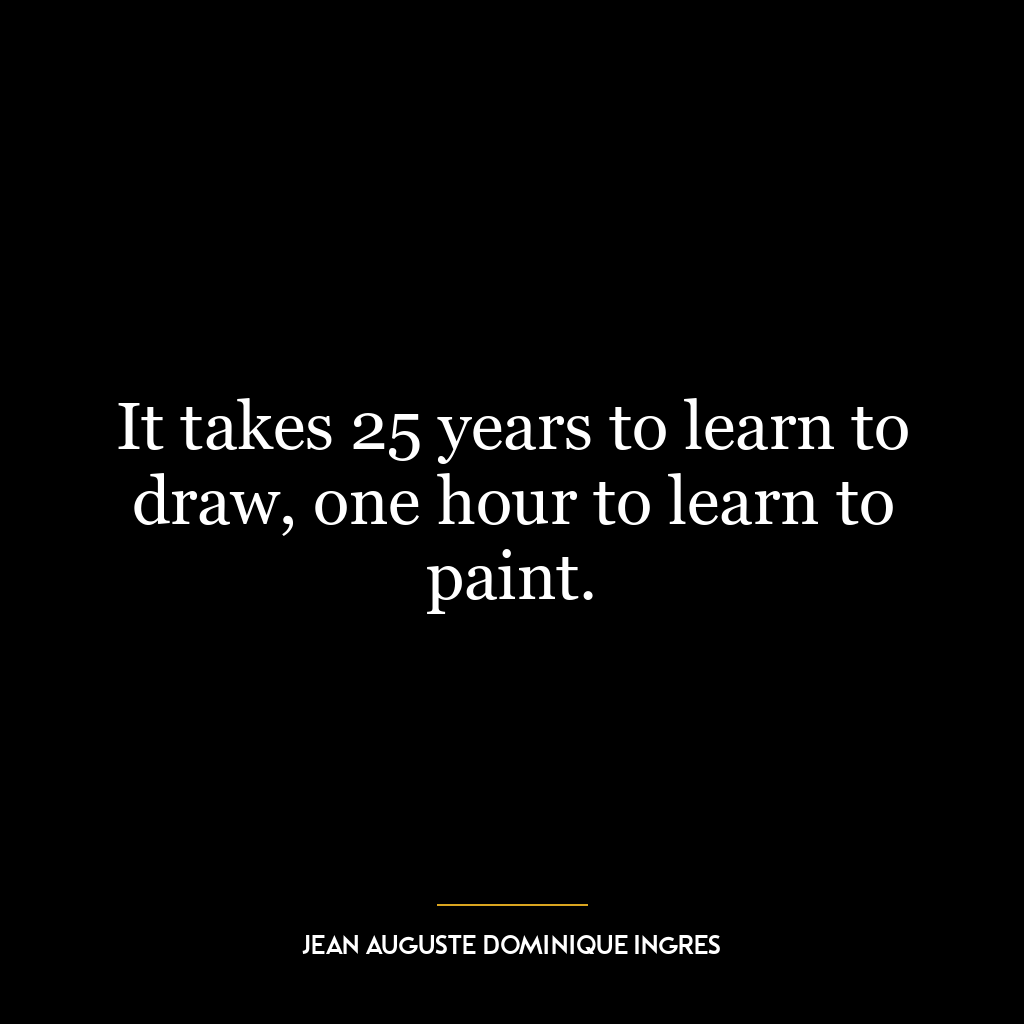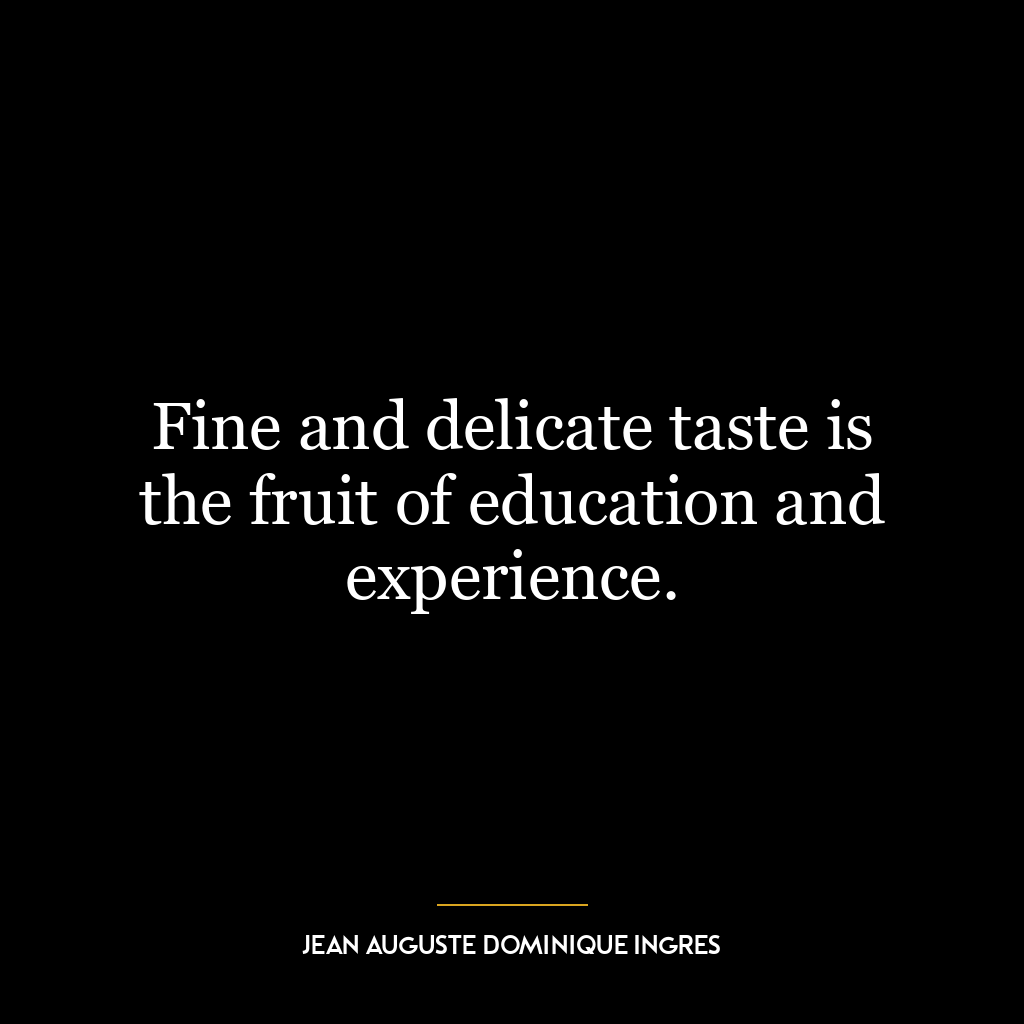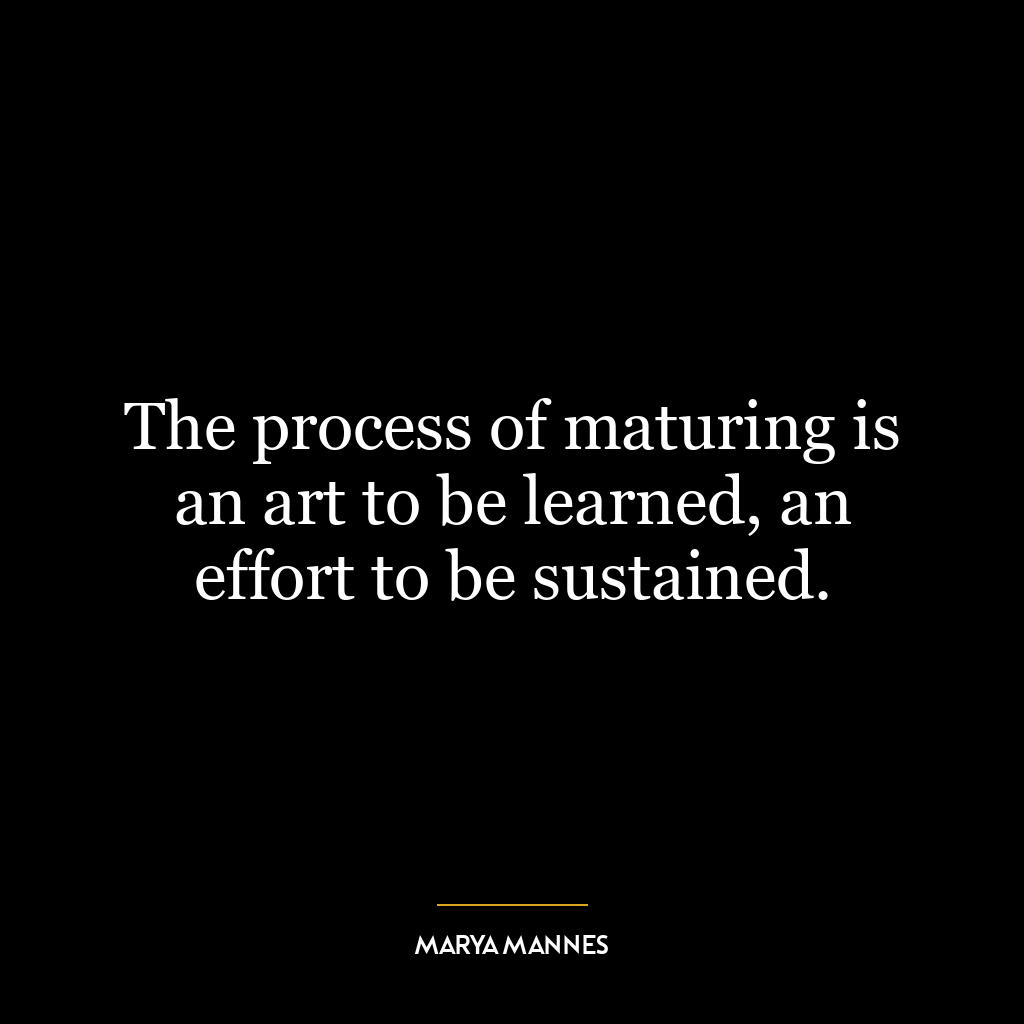Good judgement is the result of experience and experience the result of bad judgement.
This quote highlights the cyclical nature of learning and growth. It suggests that good judgement, or the ability to make wise, informed decisions, is not something that one inherently possesses. Rather, it is something that is honed and developed through experience. Experience, in this context, refers to the sum of all the events, encounters, and situations one has lived through.
However, the quote further argues that experience itself is the result of bad judgement. This means that the mistakes we make, the poor decisions, the judgement calls that lead to unfavorable outcomes, all contribute to our pool of experience. Every time we make a wrong turn or a bad choice, we learn something new about the world, about others, and about ourselves. We gain a new piece of knowledge, a new insight, or a new perspective. These lessons, in turn, help us to make better decisions in the future, thus improving our judgement.
In today’s world, this idea is more relevant than ever. In the age of information, where knowledge is readily available, it’s easy to assume that good judgement comes from simply absorbing facts and data. However, this quote reminds us that true wisdom comes from lived experiences and the lessons we learn from our mistakes.
In terms of personal development, this quote encourages us to embrace our failures and mistakes as opportunities for growth. Instead of fearing failure, we should recognize it as an essential part of our journey towards better judgement. This perspective can help us to be more resilient, more open to risks, and more accepting of our flaws and failures. After all, every bad judgement is not a setback, but a step forward in our path to gaining good judgement.








